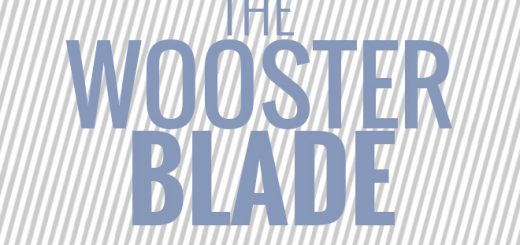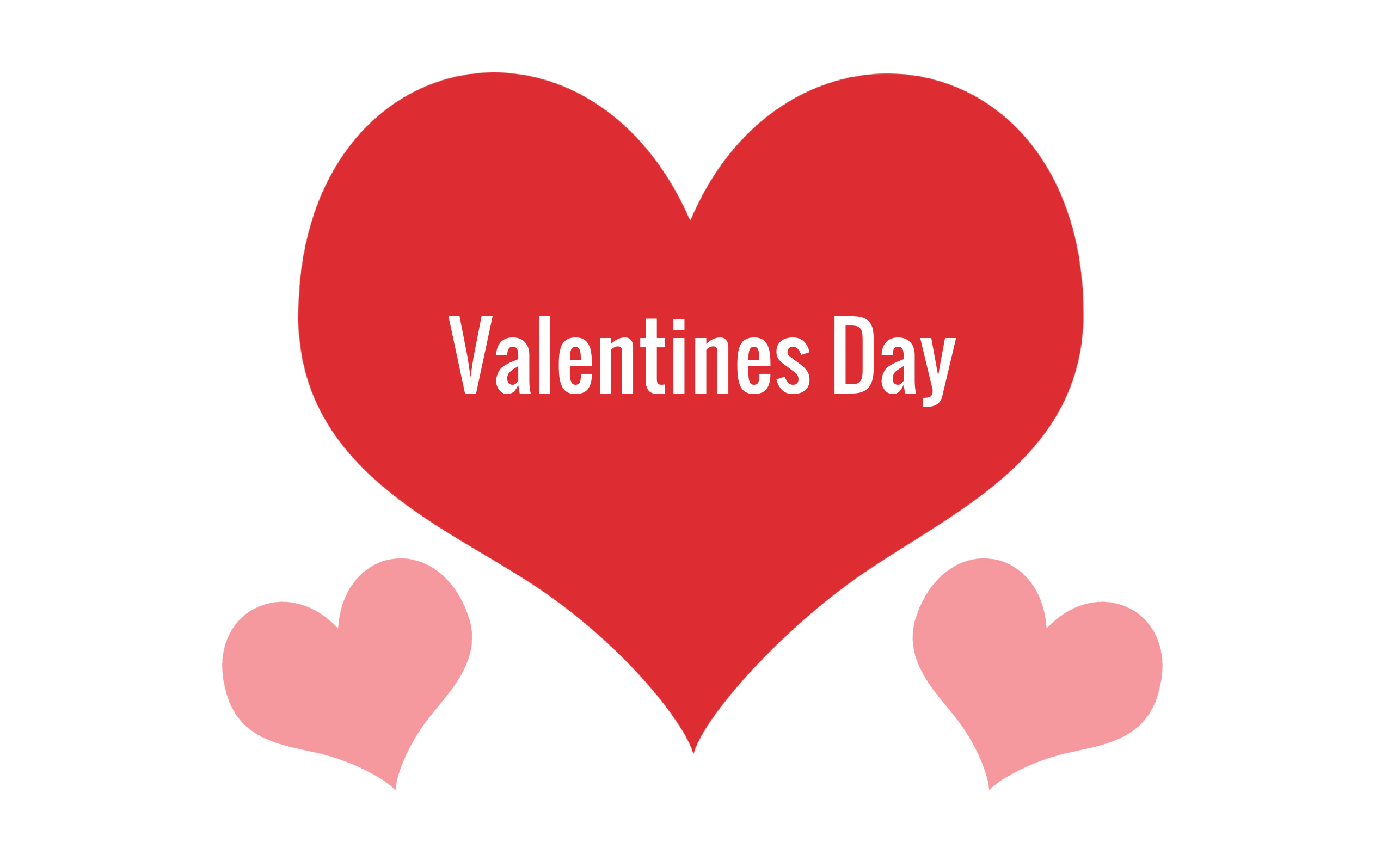Blade takes a stance on the overuse of the word “HATE”
Editor’s Note: This column is one of a two part Blade exploration of the overuse of “LOVE” and “HATE”. Read Matt Friedhoff’s column on “LOVE”
Dictionary.com defines the word “hate” as “to dislike intensely or passionately; feel extreme aversion for or extreme hostility toward; detest.”
While there are a plethora of synonyms, it seems there is an apparent overuse of the word “hate” in today’s society that has exhausted its original meaning, and has lessened its intended effect on the listener.
Overusing the word hate can often be seen by many as overdramatic. It is often not meant literally either.
I, myself, am guilty of the occasional “I hate my life,” after receiving my most recent test grade back, but do I really mean that I hate my life? Of course not.
So, why did I choose to use the word hate?
One answer to this question could be due to a lack of words conveying the same meaning as hate.
Incorporating these words instead of the tired word, “hate,” will be taken more seriously. Another reason to avoid the word hate stems from studies that have found that having one’s mind constantly revolving around negativity can lead to negative health effects.
According to hsph.harvard.edu, Laura Kubzansky, associate professor of society, human development and health at the Harvard School of Public Health, led a study in 2007 that followed more than 6,000 men and women aged 25 to 74 for 20 years. She found that “emotional vitality—a sense of enthusiasm, of hopefulness, of engagement in life, and the ability to face life’s stresses with emotional balance” reduces the risk of heart diseases in people of all ages.
Defining one’s self by the things he or she hates can often be viewed as uninteresting and may lead to unhealthy side effects, but sharing the love can help to bring people together.




